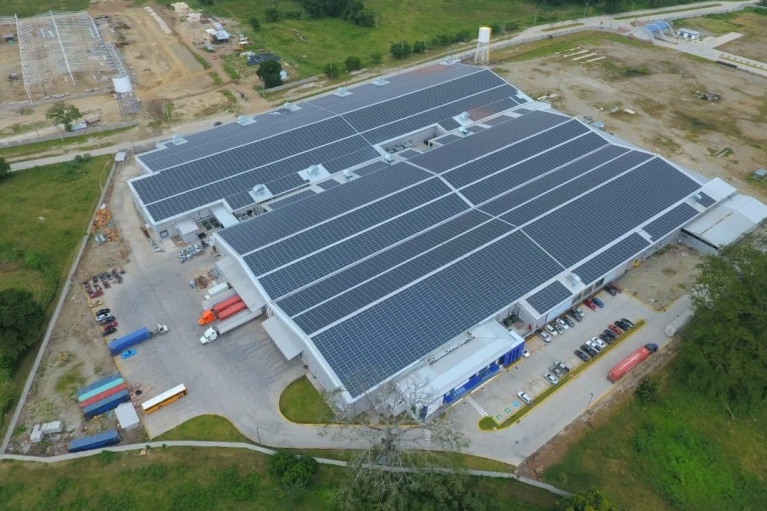The Chief Secretary of J&K convened an inaugural assessment of the Industries and Commerce Department to scrutinise its operations and gauge the execution of the Industrial Policy in the UT. Jammu and Kashmir boasts an entrenched industrial policy adorned with a plethora of incentives, subsidies, and tax rebates. The Government, extending these benefits to foster industrial growth in the UT, has witnessed an unparalleled influx of industrialists eager to invest, a phenomenon scarcely witnessed in select states across the nation. The consequential impact of this robust industrial policy has manifested in the establishment of 46 industrial estates strategically positioned across different districts, adorned with state-of-the-art amenities. Diverse agencies are fervently engaged in the development of multiple estates, adhering to stringent timelines.
The UT of Jammu and Kashmir stands as a beacon of record-breaking investments in consecutive financial years, a testament to the efficacy of its industrial initiatives.
The Chief Secretary, assuming a comprehensive oversight, has delineated the strategic priorities, recognising, however, the extant challenges plaguing existing industrial units. These challenges encompass the labyrinthine issues of GST refunds, incentives, and requisite sanctions from various departments for new upcoming units. The CS has unequivocally mandated the expeditious resolution of these issues within predetermined timeframes, eschewing any protracted delays. A recurrent and vexing concern demanding immediate attention is the spectre of electricity cuts in industrial enclaves. Recognising the impracticality of running units on generating sets within the fiercely competitive market, the administration is enjoined to accord this matter top priority. The Government should explore the establishment of dedicated solar plants in upcoming industrial estates or provide judicious subsidies to existing and emerging plants transitioning towards solar setups.
While the Government has already extended substantial incentives through diverse schemes to MSMEs, the expectation now rests on their organic growth, furnishing an expanded canvas for employment opportunities. A particular emphasis is directed towards securing GI tagging for distinctive products native to Jammu and Kashmir. Industries anchored in these unique products portend to be a transformative boon for the entire region. The meticulous attention given to artisans and craftsmen under the PM Vishawakarma scheme attests to the recognition of their potential to generate significant revenue for the UT. The 2021 Jammu and Kashmir Industrial Policy has garnered substantial attention from industry magnates both domestically and internationally. The consistent influx of proposals underscores a favourable trend, with numerous industrial entities submitting investment propositions for the region. Beyond the realm of industrial development, Jammu and Kashmir is experiencing a surge in the establishment of new startups. Over the past four years, a multitude of new entrepreneurs have been officially registered, indicative of the burgeoning entrepreneurial ethos pervading the region. The upswing in industrial investments is poised to generate employment opportunities for lakhs of youth in Jammu and Kashmir, offering them a diverse array of prospects across various sectors. The Government has streamlined the entire process, from registration to final approval, via an online, single-window, hassle-free platform. The response, nothing short of overwhelming, anticipates a substantial boost to industrialization in the UT, amplified by the CS’s heightened focus.
The administration has implemented substantial measures to lay the groundwork for this exponential surge in industries. This includes the construction of an advanced four-lane national highway ensuring seamless all-weather connectivity, the development of cutting-edge tunnels and bridges to enhance transportation efficiency, and the prioritised establishment of railway connectivity. These initiatives collectively form a strategic framework aimed at fostering economic growth and creating an environment conducive to the flourishing of industries in Jammu and Kashmir. With the entire process seamlessly transitioning to an online milieu, vigilant monitoring promises to expeditiously address impending issues and ensure the timely fruition of new industrial estates. Such imperatives assume paramount importance in the holistic development paradigm envisioned for Jammu and Kashmir.
Trending Now
E-Paper


